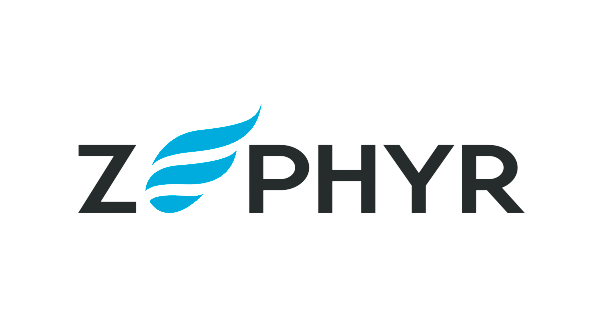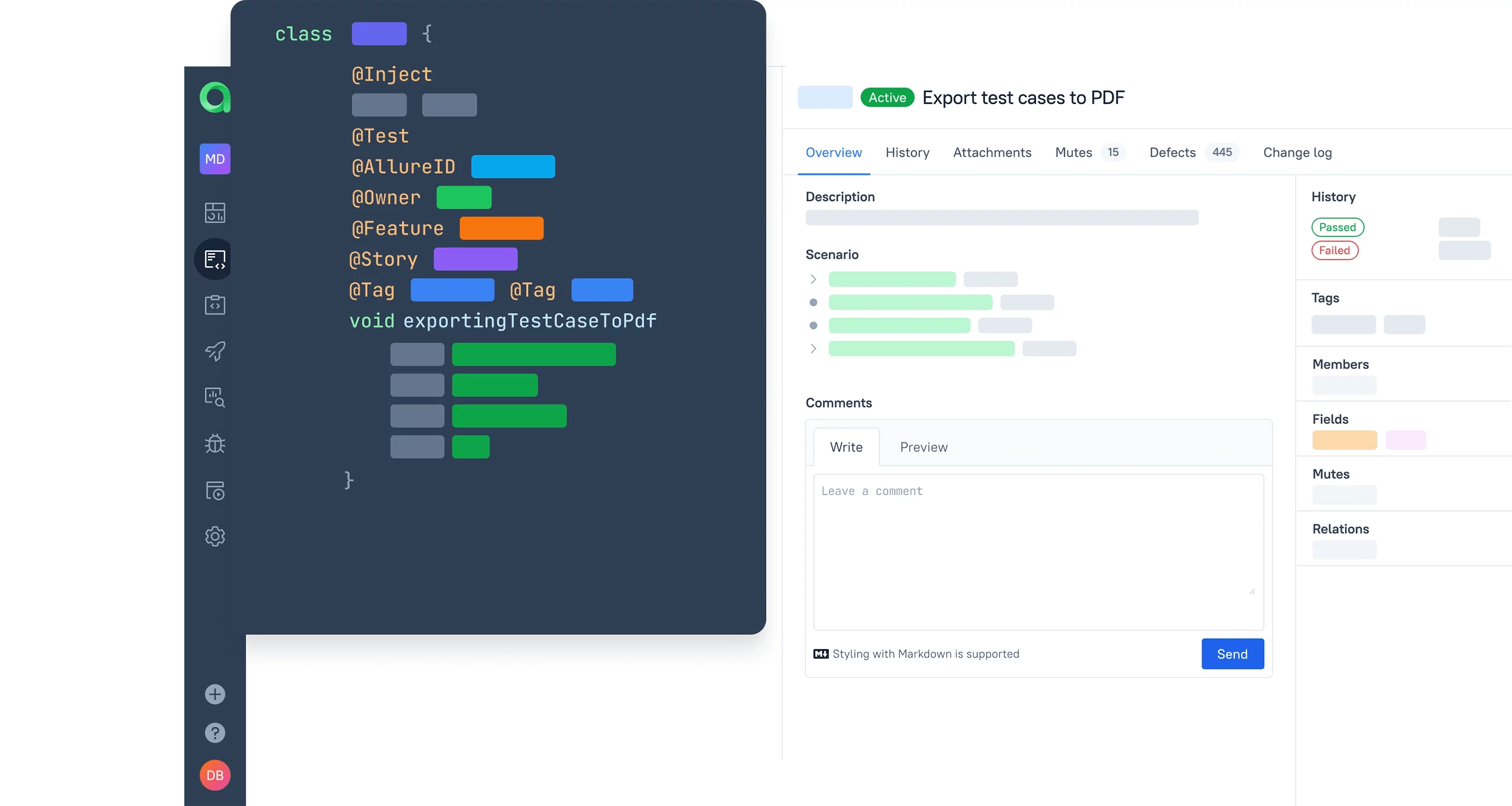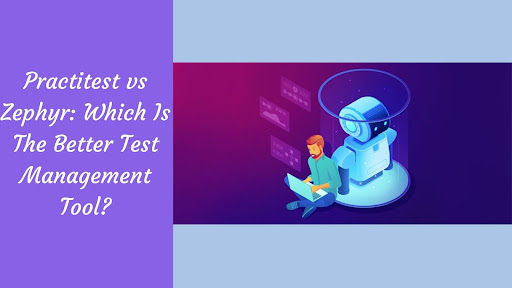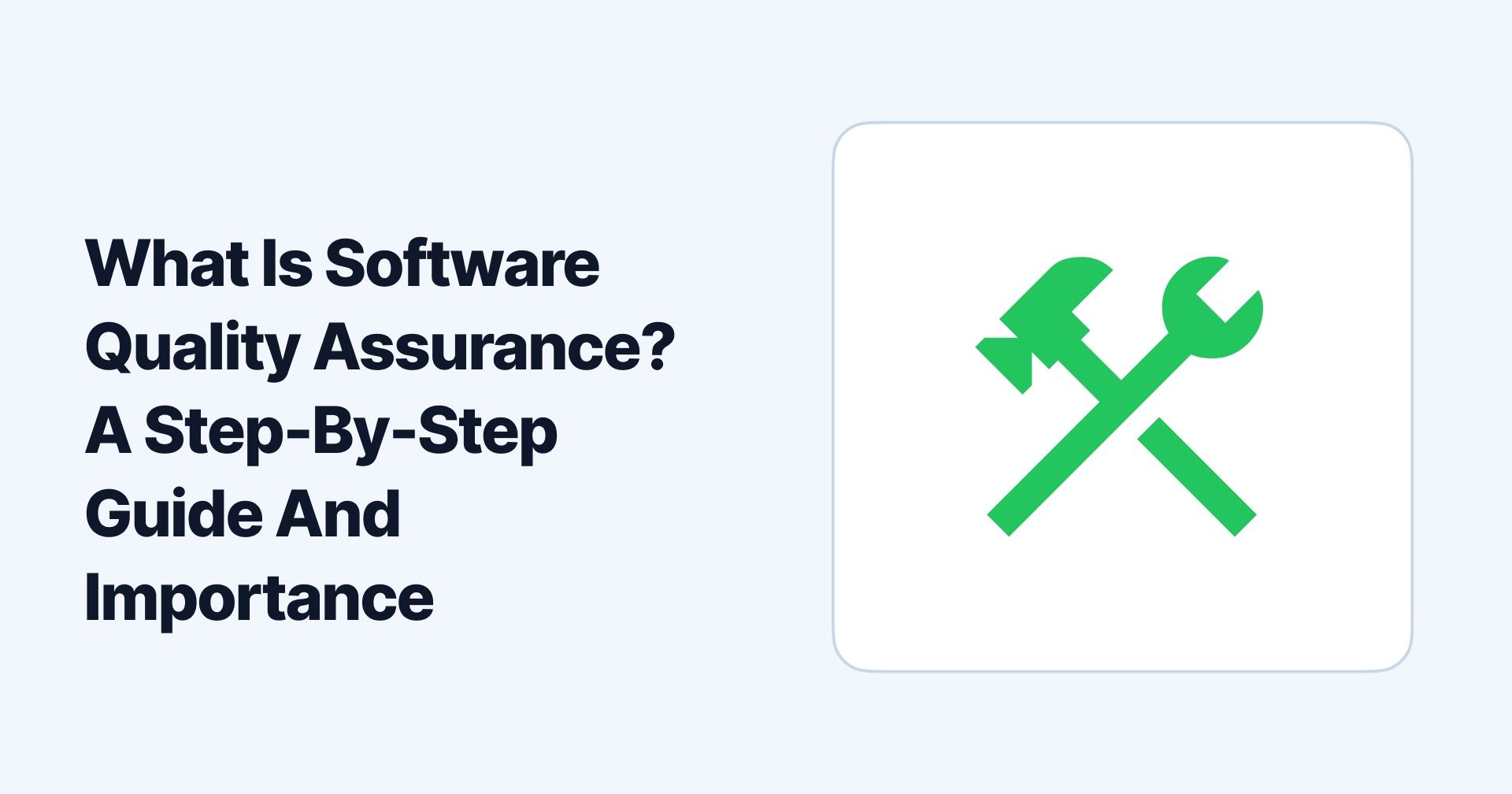Testing processes are critical in your software development lifecycle (SDLC) to ensure high-quality bug-free software solutions to guarantee optimal functioning and customer satisfaction.
Test management tools help you and your QA teams streamline CI/CD pipelines through an all-in-one platform to carry out tasks such as monitoring the results of numerous tests and extracting actionable information in analytics.
Our article will compare Practitest vs Zephyr by diving deep into their features and brand offering to determine the better test management tool out of the two. Furthermore, read on to find out our recommendation for the ultimate test management tool.
What is Practitest?
Before we get into the detailed comparison of Practitest vs Zephyr, let’s learn about Practitest.
Practitest is a SaaS-based end-to-end test management tool that helps your QA teams streamline their testing tools and procedures so that you have a single platform to unify data silos, increase communication, and readily provide insightful data to relevant team members.
Practitest’s dashboards can be customized according to the test case data you want to prioritize. They use AI-powered reporting to provide insightful metrics for your reports which can be shared through external systems like Wikis.
With Test Library, users can rerun old test cases and import, create, or optimize tests in the Test Sets and Runs module. The auto-duplicate bug mechanism enables testers to use previously found defects and create issues for future test runs.
Features
Here is a quick rundown of Practitest’s essential features:
Modules: Practitest contains 5 modules on the top bar, namely Requirements (third-party app requirements), Test Library (create test cases), Test Sets & Runs (run tests with different parameters), Issues (create and modify issues), and Reports.
Test Automation Management: This feature aims at unifying test documentation to solve the issue of organizations keeping manual and automated testing split while giving you complete end-to-end visibility to make data-driven decisions. Practitest uses REST API to integrate automation tools and bring back results from any automation tool or framework, regardless of type or brand.
Test Value Score: Test Value Score is an AI-powered Machine Learning-based scoring system that scores test executions based on the significance to the testing procedure.
Import and Export: Practitest allows you to import and export requirements, tests, and issues from file formats such as XLS, XLSX, CSV, and Google Sheets.
Exploratory and Session-based Testing: Practitest focuses on test reusability by supporting exploratory testing with predefined characters and guide points that can be saved as templates for future sessions. Previously discovered issues can be linked from the Modules in-between test cases, and points can be recorded during the test process. Every session is recorded so you and your team can review them for deeper insights.
JIRA Integration: Practitest integration with JIRA allows you to manage, present, and edit issues created in JIRA which can be reported back to the same platform. JIRA Data Center, JIRA Server, and JIRA Cloud are continuously and automatically updated.
Practitest Cons:
Practitest is a SaaS-based tool with no on-premise solutions.
Heavy reliance on external automation tools and no in-built test engine.
New users can face a steep learning curve before they get accustomed to Practitest’s features and interfaces.
Limited reusability of test steps between test cases.
Short free trial duration, users can’t test out all features to its fullest extent.
Limited scalability and user management capabilities.
Users report performance issues and missing features.
Limited reporting and dashboard customization on an outdated UI.
No open-source version available and runs on cloud only.
Could prove to be costly for small businesses with tighter budgets.
What is Zephyr?
Zephyr is a testing tool built for DevOps and Agile testing methodologies with management solutions that enable teams to collaborate effectively by conducting all testing procedures inside JIRA for unified data and workflows.

Features
- Zephyr Squad: For smaller Agile teams, Zephyr Squad is a test management tool inside JIRA where you can create, view, and execute test cases on the same JIRA platform.
Zephyr Squad blends into your JIRA environment and lets Agile teams use JIRA functionalities such as Components, Labels, and Priority without needing further training. It also integrates with ReadyAPI, Cucumber/BDD, and TestComplete.
- Zephyr Scale: Zephyr Scale is a test management tool for teams handling more extensive test libraries that is present on multiple JIRA projects. It is a scalable test management solution inside JIRA where you can configure custom fields and statuses.
Zephyr Scale helps you manage test cases in JIRA even if they keep growing in size and complexity. You can uphold consistency and testing standards and configure every part of the system without involving the JIRA admin.
Your teams can improve the reusability of tests to boost testing speeds by using parameters, test data, and shared steps. Zephyr Scale gives accurate reports for test executions, traceability, and coverage for end-to-end test visibility.
Your team can stay updated through prioritized reports and JIRA dashboard gadgets.
- Zephyr Enterprise: Zephyr Enterprise helps larger and more complex organizations with the capability to support over 10,000 concurrent users. Zephyr Enterprise can import data from JIRA and consolidate data from multiple JIRA instances.
Zephyr Enterprise’s DevOps dashboard provides complete visibility of the entire pipeline for increased efficiency in software production. Zephyr Enterprise can be implemented on their cloud servers, on-premise, or data centers for better scalability.
- Zephyr for JIRA: Zephyr for JIRA allows you to conduct tests directly in JIRA, where test cases are presented as tickets for JIRA projects. You can link tickets to JIRA issues, use test cycles, and track test cases using detailed analytics and metrics.
Zephyr Cons:
Lacks requirements and issues management outside JIRA.
Limited customization and performance issues with large test repositories.
Limited security and compliance.
No exploratory testing.
Severely reliant on JIRA for storage and unnecessary if you already use JIRA or Confluence.
Cluttered user interface.
Slow performance.
Practitest vs Zephyr: Comparison Overview
| Practitest | Zephyr | |
|---|---|---|
| Features | Test management, test automation management, test value scores, exploratory and session-based testing, and reports. | Test case management, test execution and tracking, requirements traceability, and customizable reporting. |
| Integration | Practitest integrates with Selenium, JIRA, Azure DevOps, JUnit, soapUI, Bamboo, Remdmine, FireCracker, etc., and you can use the REST API to integrate automation tools. | Zephyr integrates with JIRA, Confluence, and Jenkins to host better collaboration between your QA and DevOps teams. |
| User Experience | Practitest has an easy-to-read interface with a drag-and-drop feature for the task board, integrations with any automated tools, and granular control for reports. | Zephyr provides a user-friendly interface. However, some users face performance issues with larger test repositories. |
| Pricing | Practitest has usage-based pricing plans with a 14-day free trial. You can choose between the Teams and Corporate pricing plan with no requirements for additional licenses. | Zephyr's pricing structure is user-based. |
Now that you have seen and compared Practitest vs Zephyr, both test management tools have their merits based on your organization’s requirements, budget, and technical expertise.
However, between Practitest vs Zephyr, both test management tools have considerable drawbacks and missing features that could hurt your testing procedures by not providing complete control over test cases or optimizing your workflows effectively.
Considering the features and functions of the above-mentioned test management tools, we present you Allure TestOps as the superior alternative for its test documentation, issue tracking, insightful analytics, and increased team collaboration.
Allure TestOps: The Ultimate Test Management Tool
Allure TestOps is an open-source test management tool that enables your QA and DevOps teams to optimize and streamline automated and manual testing processes through advanced analytics tracking, monitoring, and native integrations in a centralized platform.
Allure TestOps’ Smart Test Cases feature automatically updates the results of your test cases after every run so that you can get a holistic view of test results without hassle. We also let you fine-tune your version control through our Test Cases as Code feature.

We focus on assisting DevOps teams to speed up their CI/CD pipelines by accessing a centralized hub and controlling the activity status of build jobs on build servers hosted by Allure TestOps.
Performance metrics can be viewed through engaging visualizations so that you are always equipped with actionable data. You get greater customizability by creating your own set of KPIs using Allure Query Language to keep track of your projects in real-time.
Allure Report is a flexible and lightweight community-driven test platform where you can create comprehensive visuals to provide the exact data on test cases you need without navigating through several interfaces.
We offer integrations for programming languages, frameworks, test automation tools, and even test management services such as Zephyr and TestRail.
What makes Allure TestOps the better alternative between Practitest vs Zephyr is our integrations for CI systems like Jenkins, GitLab, GitHub, and CircleCI, with Java (JUnit, TestNG), Python (PyTest, Nose), JavaScript (Jasmine, Mocha), .NET, Cucumber, and PHP.
With Allure TestOps, you can drill down on a report to get full transparency on success rates, test durations, flakiness, and other vital metrics and sort them based on features, stories, or categories to view your data on a tree-based representation.
Pricing
We offer a choice between two pricing plans based on your business requirements and the organization’s technical expertise. For experienced companies that want greater control of their CI/CD pipelines, we offer the Allure TestOps Server package.
Allure TestOps Server integrates into your architecture for an on-premise solution to allow complete control over your instances without a single line of code. We charge on a per-user basis, and you can try our features risk-free with a 30-day free trial to improve your testing procedures.
| Users | Description |
|---|---|
| Allure TestOps for 5 - 50 users | $30/month or $27/month (annual) |
| Next 51 - 100 users | $20/month or $18/month (annual) |
| Next 101 - 250 users | $10/month or $9/month (annual) |
| Others | $5/month or $4.5/month (annual) |
For organizations that need additional technical support, we offer Allure TestOps Cloud, where we host and maintain your TestOps instances on our cloud servers. Like the previous pricing plan, click here to try our cloud features with a 14-day free trial before subscribing to our services.
| Users | Description |
|---|---|
| Allure TestOps Cloud for 1 – 30 Users | $39/month or $35/month (annual) |
| Next 31 – 50 Users | $36/month or $32/month (annual) |
| Next 51 – 100 Users | $34/month or $30/month (annual) |
| Others | $30/month or $27/month (annual) |
Conclusion
The growing reliance on software solutions has prompted organizations worldwide to explore more significant technological advancements to enhance the quality of life worldwide. Consumers need trustworthy products and services, and they need them faster each day.
Without proper testing that provides your teams with consistent information, you could be creating defects and bugs within the software development process that takes resources and time to rectify. You could lose out on putting your product on the market before your competitors.
To safeguard your revenue and win your customer’s trust with error-free software products, you need efficient test management tools that help you organize test cases, conduct meaningful testing, and provide accurate data for informed business decisions.
Between Practitest vs Zephyr, trust Allure TestOps to achieve the optimal testing experience. Contact us for customized solutions, or choose between Allure TestOps Server for 30 days or Allure TestOps Cloud for 14 days and confidently create the software solutions of your dreams!



